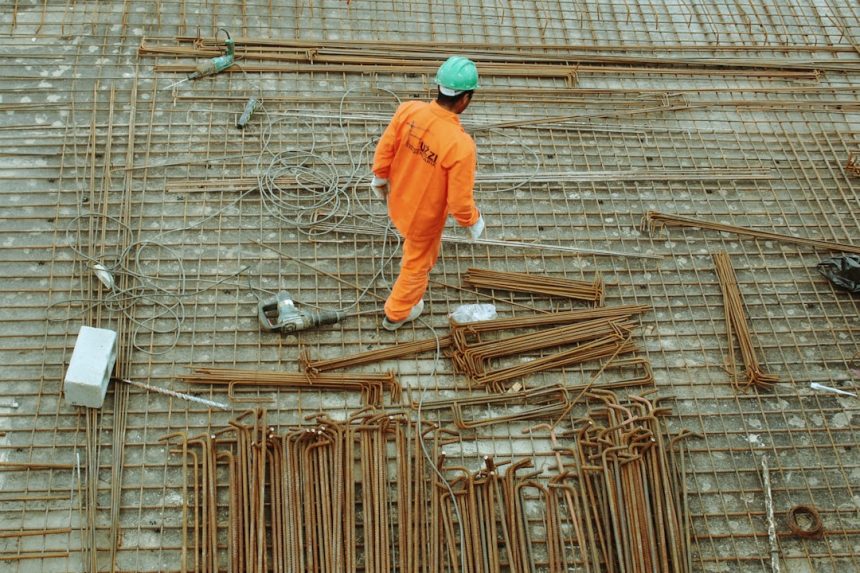Renovating a property in London can be an exciting yet complex process. Whether you’re updating a single room or doing a full-scale refurbishment, proper planning is essential to avoid costly delays and ensure high-quality results. London comes with its unique set of building regulations, property values, and market expectations, so a methodical, informed approach is crucial.
1. Define Your Goals and Budget
Start by clearly outlining what you hope to achieve with your renovation. Is your aim to increase the value of the property, create more space, improve energy efficiency, or simply modernise outdated interiors? Having well-defined goals helps maintain focus throughout the project and keeps everyone on the same page.
Your budget will largely determine the scope and quality of your renovation. It’s vital to factor in both expected and unexpected costs. These might include:
- Planning application fees
- Professional consultancy costs (architects, engineers)
- Materials and labour
- Temporary accommodation, if necessary
- Contingency fund (reserve at least 10–15%)
2. Understand Local Planning and Building Regulations
In London, even seemingly minor modifications may require approval from your local council. It’s essential to research:
- Permitted Development Rights: These allow certain works to be carried out without formal planning permission, but they differ between boroughs.
- Building Regulations: Most structural work must comply with national safety standards, requiring inspections and approvals.
- Conservation Areas or Listed Status: If your property is protected, renovations may face additional restrictions.
Hiring a planning consultant or architect familiar with London’s authorities can save you time and hassle.
3. Assemble the Right Team
Selecting experienced professionals is critical to a successful renovation. Core members of a renovation team in London typically include:
- Architects: Especially important for larger projects that require extensions or internal restructuring.
- Structural Engineers: Necessary for load-bearing changes.
- Contractors and Builders: Choose those with a proven track record in similar London properties.
- Interior Designers: For layout optimisation and aesthetics.
Always check references, industry accreditations, and insurance documentation before making commitments.
[ai-img]house renovation, architect planning, construction site[/ai-img]
4. Create a Detailed Project Timeline
Time management is especially important in London, where weather, traffic, and tight scheduling can all affect construction. A well-defined timeline should include:
- Design and planning phase
- Scheduling of inspections and approvals
- Procurement of materials
- Construction milestones
- Final testing and handover
Make sure the timeline accounts for potential delays, particularly if materials are being imported or you’re working through winter months.
5. Stay Informed During the Build Phase
Even after construction starts, your involvement remains crucial. Regular site visits, team meetings, and progress reports ensure the project stays aligned with your vision and budget. Digital project management tools or apps can help monitor real-time updates and store key documents.
[ai-img]construction staff, blueprint on site, renovation work[/ai-img]
6. Consider Long-Term Value and Sustainability
In London’s competitive housing market, energy-efficient installations and modern systems can significantly increase property value. Consider:
- Installing double or triple-glazed windows
- Improving insulation
- Using low-energy lighting and smart thermostats
- Opting for sustainable or recycled materials
These features not only reduce ongoing utility bills but may also attract eco-conscious buyers or tenants.
7. Final Approval and Aftercare
Once the work is complete, carry out a comprehensive inspection before final sign-off. Ensure all building certificates, permissions, and warranties are documented for future reference. It’s also wise to schedule a snagging visit (a detailed inspection for minor defects) to address any small issues before the builder fully hands over.
Good-quality renovations can last decades, but ongoing maintenance is essential to preserve value and comfort. Stay organised with a digital folder containing manuals, professional contacts, and schedules for servicing installations like boilers or underfloor heating.
Conclusion
Planning a house renovation in London requires more than just aesthetic ambition—it demands thorough research, strategic budgeting, and strict compliance with local guidelines. By building a knowledgeable team and managing your project diligently from start to finish, you’ll maximise your investment while creating a home that truly reflects your lifestyle needs and values.







